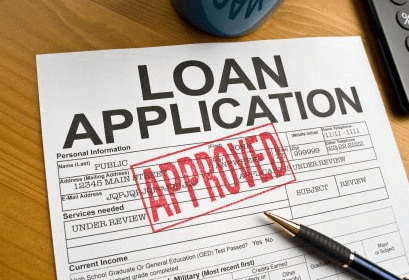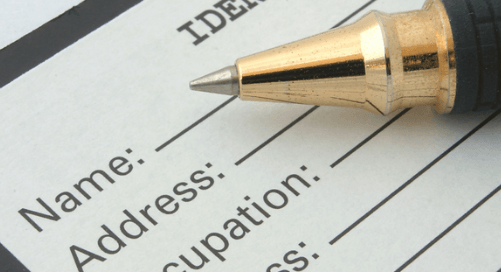Documentation required for a personal loan

Every lender and type of loan has its own application process and eligibility requirements, but almost all will require you to provide some proof of identity before they will agree to lend you the money. You will need documents that confirm your personal details, such as your name and address, and also your financial records.
Personal information needed for loan agreements
First, you need to be able to prove your identity, generally through a government-issued identification document such as a driving licence or passport. If you do not have a driving licence or passport, you may be able to combine other forms of identification such as bank statements, utility bills, benefits entitlement letters, proof of your immigration status or a UK Armed Forces ID card, among others.
Other personal information you might need to confirm may include your contact details, such as address and phone number, or your national insurance number. You can generally confirm your address through official letters to your home, such as bank statements and utility bills. If you utilise a professional service such as https://www.parachutelaw.co.uk/loan-agreement to draft your loan agreement, they will tell you what documents they need.
Financial information needed for loan agreements
To provide the lender with information about your financial history and current income you will most likely need to include bank statements, tax returns and payslips or proof of benefits. This will allow them to ensure that you are likely to be able to repay the loan.
Being able to provide relevant documentation is an essential part of applying for a loan. Delays or inaccuracies could complicate the process and mean it takes much longer to receive approval. It is therefore important that you gather your proof of identity, contact details and financial information early in the process.





